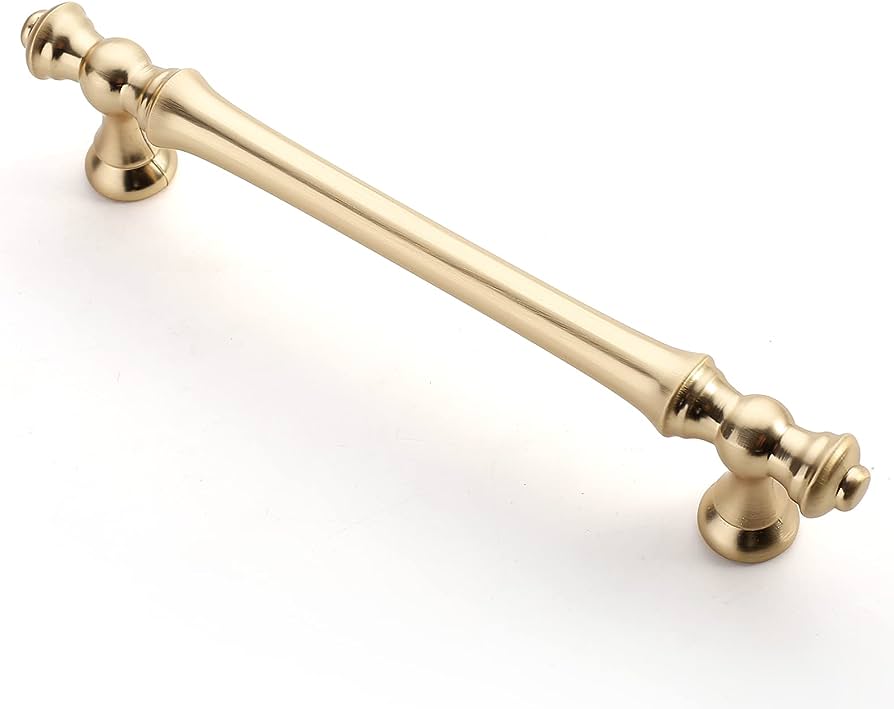Cleaning a catalytic converter can help improve the performance and prolong the lifespan of your vehicle.
To start, you’ll need to gather a few supplies, including a catalytic converter cleaner, a wire brush, safety goggles, and gloves.
First, let the engine cool down completely to avoid any potential burns. Next, locate the catalytic converter, which is typically located underneath the vehicle near the exhaust system. Once located, disconnect the oxygen sensors from the catalytic converter and position them aside. Take precautions and put on your safety goggles and gloves, as this process can get messy. Start by spraying the catalytic converter cleaner onto the surface, ensuring that it’s evenly coated.
After letting it sit for a few minutes to break down the deposits, use a wire brush to gently scrub away any built-up dirt and debris. Rinse the converter thoroughly with water to remove the cleaning agent, and then dry it completely.
Finally, reconnect the oxygen sensors and start the engine to ensure it’s functioning properly. Regular maintenance like cleaning your catalytic converter can help keep your vehicle running smoothly and efficiently.
Dos
- Use appropriate safety equipment.
- Follow the manufacturer’s instructions.
- Ensure the catalytic converter is cool before cleaning.
- Use a suitable catalytic converter cleaner.
- Rinse thoroughly to remove any residue.
Don’ts
- Never clean a hot catalytic converter.
- Do not use harsh chemicals or solvents.
- Do not scrape or scrub the catalytic converter.
- Avoid getting cleaner on other engine components.
- Do not reinstall a damaged or malfunctioning catalytic converter.
Step 1
Inspect the catalytic converter for damage or clogs.
Step 2
Remove the catalytic converter from the vehicle.
Step 3
Soak the catalytic converter in a cleaning solution for several hours.
Step 4
Use a brush or compressed air to remove any remaining debris from the catalytic converter.
Step 5
Reinstall the clean catalytic converter back into the vehicle.
Final thoughts 💭
Cleaning a catalytic converter can be a complex and potentially dangerous task. It is recommended to consult a professional mechanic who has experience in working with catalytic converters. Attempting to clean it yourself without proper knowledge and equipment can cause further damage to the converter and compromise its functionality. Regular maintenance and adhering to the manufacturer’s recommendations for your vehicle can help prolong the life of your catalytic converter and ensure its proper functioning.





Leave a Reply